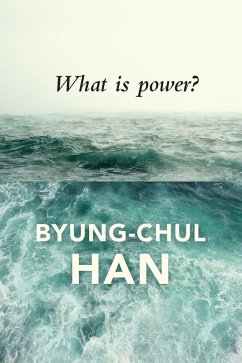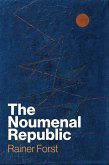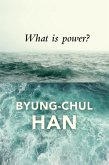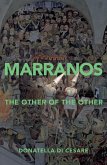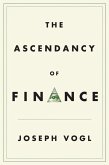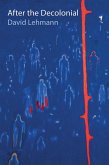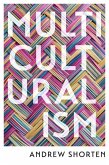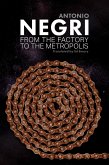Dieser Download kann aus rechtlichen Gründen nur mit Rechnungsadresse in A, B, BG, CY, CZ, D, DK, EW, E, FIN, F, GR, HR, H, IRL, I, LT, L, LR, M, NL, PL, P, R, S, SLO, SK ausgeliefert werden.
Hans Ulrich Gumbrecht, Stanford University
"The new star of German philosophy."
El País
"It's no exaggeration to say that Han is one of the most relevant philosophers of our age, able to make diagnoses when other philosophers, particularly knee-jerk Foucauldian social critics in America, have trouble even seeing an illness. What is Power? is an important document of a philosopher still developing, still growing, though it's nevertheless interesting in its own right. Han's flops are better than most other philosophers' greatest hits."
The American Conservative

